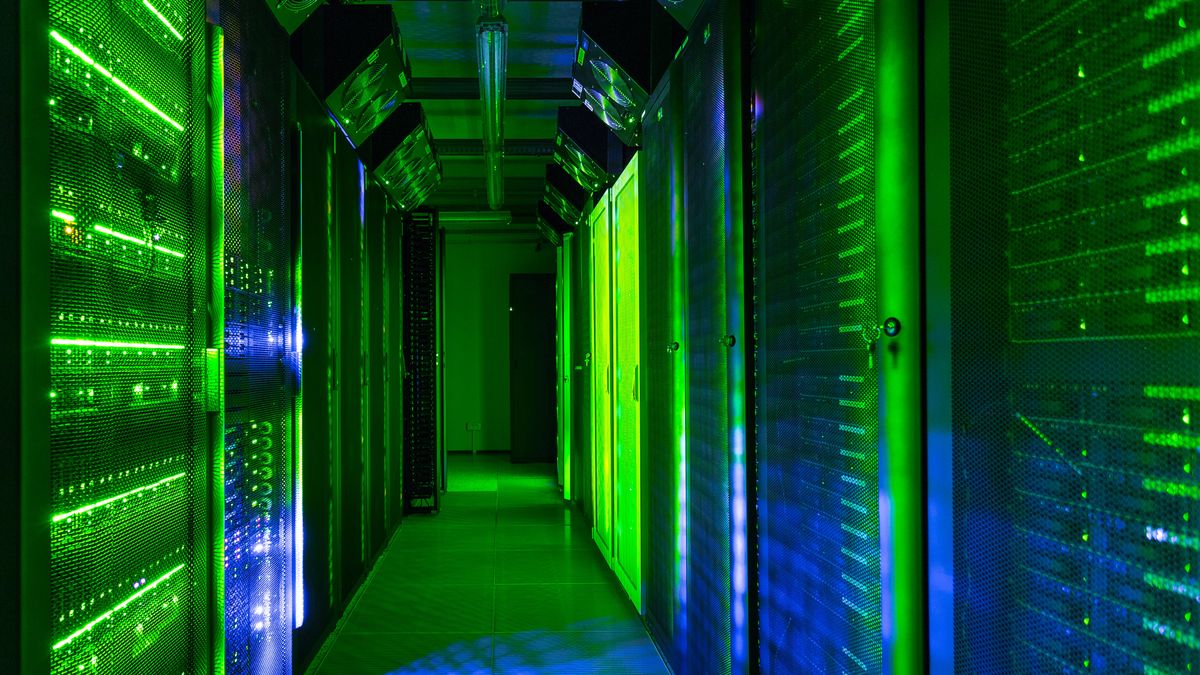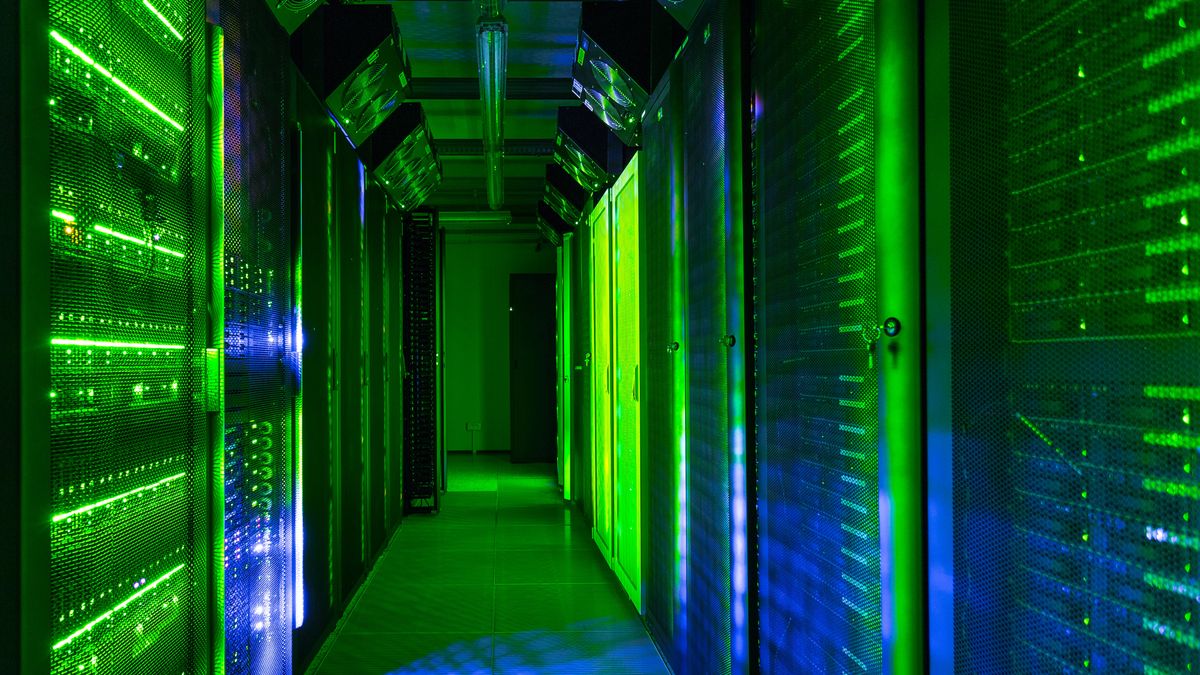
It’s well-known that data centers consume a staggering amount of energy, with about 1-1.5% of all global electricity usage thought to be dedicated to their operation.
Tech companies have largely focused on powering these through renewable and sustainable energy sources in an effort to boost their green credentials and address climate change. However, increased energy demand caused by the arrival of new technologies like AI is making the task tricky, as this field alone consumes about four times as much power as servers used for cloud applications.
Recognizing the future pressures on its data centers, Microsoft has taken the somewhat controversial step of appointing a Director of Nuclear Development Acceleration.
Going nuclear
According to McKinsey, the power requirements of US data centers are projected to jump from 17 gigawatts (GW) in 2022 to 35 GW by 2030. Electricity isn’t the only concern. GPUs used for AI have higher cooling needs than traditional servers, and Microsoft’s water usage in data centers rose by 34% in 2022. This figure is expected to surge as the tech giant further increases its investments in AI.
Stepping into this role is Erin Henderson, PhD, MBA, PMP, who brings a wealth of experience from her 13-year tenure at the Tennessee Valley Authority, where she served as the General Manager of Transmission Projects.
Henderson will, among other things, devise a global strategy for small modular reactors and microreactors to power Microsoft’s data centers. Yes, that’s right, the company really is going nuclear.
Writing on LinkedIn about her new post, Henderson said “I am very excited to share that I’ve joined Microsoft in a new role, Director of Nuclear Development Acceleration. Microsoft is leading the way in advocating for a clean and sustainable energy future. I am looking forward to contributing to the datacenter R&D team’s success.”
Data Center Dynamics recently reported Microsoft spent six months collaborating with Terra Praxis, a nonprofit that advocates for transforming old coal plant sites into modern SMR homes.
Together the two firms worked on a generative AI model to speed up the lengthy and expensive nuclear regulatory and licensing process, a clear signpost towards Microsoft’s nuclear ambitions.
More from TechRadar Pro
Services Marketplace – Listings, Bookings & Reviews
